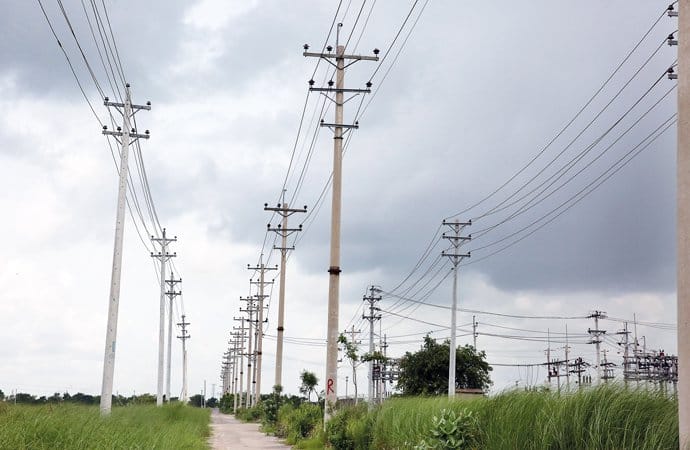Dhaka, Dec 29, 2020 (BSS) – The government and the Asian Development Bank (ADB) today signed agreements for US$200 million in additional loans, including $130 million concessional loan, to improve access to efficient and reliable electricity supply in rural areas in the country by strengthening transmission and distribution networks.
The additional loans will scale up the ongoing $616 million Bangladesh Power System Enhancement and Efficiency Improvement Project, which ADB approved in 2017, said a press release.
Fatima Yasmin, Secretary, Economic Relations Division (ERD), and Manmohan Parkash, Country Director, ADB, remotely signed the loan agreements on behalf of Bangladesh and ADB, respectively.
Md Khayrul Hasan, Member (Finance), Bangladesh Rural Electrification Board (BREB), the implementing agency of the project, signed the project agreement.
“Access to electricity in rural areas is a prerequisite to improved quality of life, enhanced economic activities, industrial and agriculture productivity, essential services, such as health care, and education.” said Country Director Manmohan Parkash.
“Uninterrupted and reliable electricity supply can expedite economic recovery of the country from the losses of the coronavirus disease (COVID-19) pandemic by powering critical activities including food supply services, digital education, online businesses, and essential household activities,” he added.
Appreciating the government’s success in enhancing access to power, Parkash said “This project will help Bangladesh achieve its goal of providing electricity for all by 2021, and related sustainable development goals.”
The additional ADB assistance will finance installation of an additional 990 kilometers (km) of 33 kilovolt (kV) and 3,000 km of 11 kV below distribution lines and associated facilities, including 51 units of 33 kV/11 kV substations in rural areas in Khulna division. This will result in increasing electricity access to 150,000 rural households.
The improved access, quality and reliability of the electricity supply in rural areas will help reduce household consumption of kerosene for cooking and lighting to reduce household fuel expenditure as well as the burden of household chores; catalyze energy-based economic activities to raise household incomes; and improve the educational and medical environment.
Farmers will reduce fuel expenditure for irrigation by switching diesel-powered pumps to electric pumps, which will help to reduce production costs.

